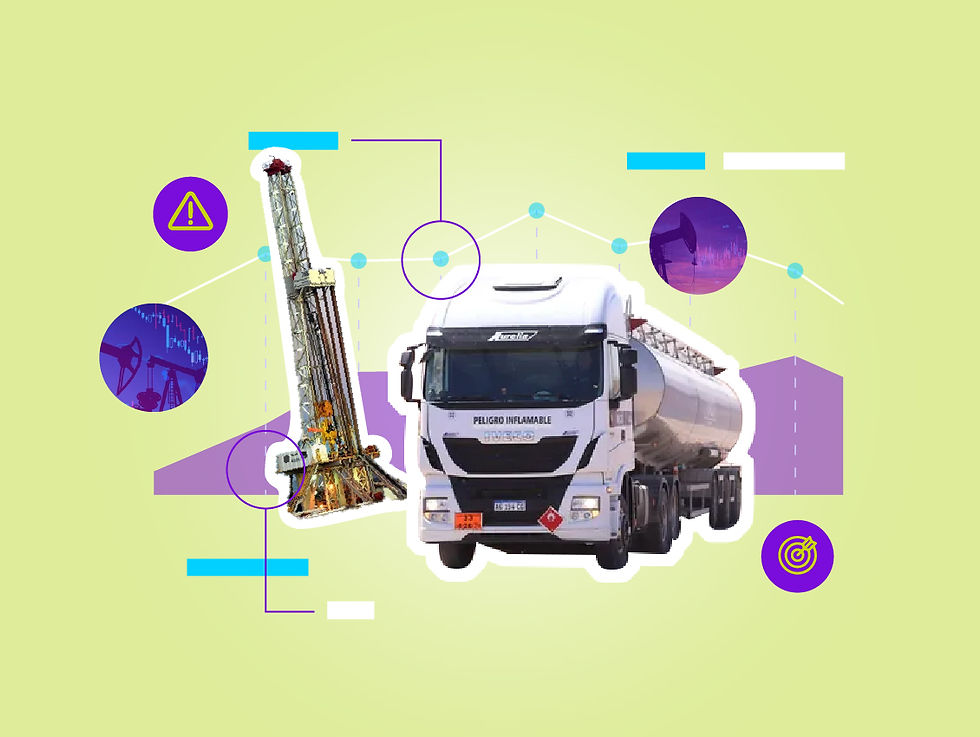AI in Business: Crucial Insights for C-Suite IT Leaders
- victoriagimenez5
- Nov 17, 2023
- 3 min read
Updated: Nov 5, 2024
A recent comprehensive survey by Cisco underscores a critical insight: the majority of businesses are racing against time to deploy AI technologies, yet they confront significant gaps in readiness across key areas. This analysis, drawn from over 8,000 global companies, reveals an urgent need for enhanced AI integration strategies. See the original survey at Cisco global AI readiness survey, but if you want to know how to apply this information in your business today, keep reading.
Key Findings
Practical Steps for AI Integration
Final Thoughts
Key Findings
- 97% of businesses acknowledged increased urgency to deploy AI technologies in the past six months.
- Strategic time pressure: 61% believe they have a year at most to execute their AI strategy to avoid negative business impacts.
- Readiness gaps in strategy, infrastructure, data, governance, talent, and culture, with 86% of companies not fully prepared for AI integration.
The report highlights an AI Readiness Spectrum to categorize organizations:
1. Pacesetters: Leaders in AI readiness
2. Chasers: Moderately prepared
3. Followers: Limited preparedness
4. Laggards: Significantly unprepared
This classification mirrors our approach at Teracloud using the Datera Data Maturity Model (D2M2) which we use to guide our customers towards data maturity and AI readiness.
Practical Steps for AI Integration
Let’s explore some recommendations that will help prepare your organization for the AI era.
Develop a Robust Strategy
- Prioritize AI in your business operations. The urgency is evident, with a substantial majority of businesses feeling the pressure to adopt AI technologies swiftly.
- Create a multi-faceted strategy that addresses all key pillars simultaneously. You can use our D2M2 framework and cover all your bases. Alternatively, you can base your strategy on the generic AWS Well-Architected Framework
Ensure Data Readiness
- Recognize the critical role of 'AI-ready' data. Data serves as the AI backbone, yet it’s often the weakest link, not because we don't have data but because it isn’t accessible.
- Tackle data centralization issues to leverage AI's full potential. Using cloud tools you can still have the information scattered. Consume it using a single endpoint, for instance using Amazon Athena and other data-at-scale tools.
- Facilitate seamless data integration across multiple sources. Employing tools like AWS Glue can help in automating the extraction, transformation, and loading (ETL) processes, making diverse data sets more cohesive and AI-ready.
Upgrade Infrastructure and Networking
- To accommodate AI's increased power and computing demands, over two-thirds (79 percent) of companies will require further data center graphics processing units (GPUs) to support current and future AI workloads.
- AI systems require large amounts of data. Efficient and scalable data storage solutions, along with robust data management practices, are essential.
- Fast and reliable networking is necessary to support the large-scale transfer of data and the intensive communication needs of AI systems.
- Enhance IT infrastructure to support increasing AI workloads.
- Focus on network adaptability and performance to meet future AI demands.
Implement Robust Governance and security
- Develop comprehensive AI policies, considering data privacy, sovereignty, bias, fairness, and transparency.
- AI-related regulations are evolving. A flexible governance strategy allows the organization to quickly adapt to new laws and standards.
- A solid governance framework is necessary to ensure AI is used ethically and responsibly, adhering to ethical guidelines and standards.
- Prioritize data security and privacy. Utilize AWS’s comprehensive security tools like AWS Identity and Access Management (IAM) and Amazon Cognito to safeguard sensitive data, a crucial aspect when deploying AI applications.
Focus on Talent Development
- Address the digital divide in AI skills. While most companies plan to invest in upskilling, there's skepticism about the availability of talent.
- Emphasize continuous learning and skill development.
Cultivate a Data-Centric Culture
- Embrace a culture that values and understands the importance of data for AI applications.
- Address data fragmentation: Over 80% of organizations face challenges with siloed data, a major impediment to AI effectiveness.
Understanding these findings is just the first step. Implementing them requires a strategic approach, one that we champion through our Datera Data Maturity Model (D2M2). Our model not only aligns with Cisco's categorizations but also offers a roadmap for businesses to evolve from AI Followers to Pace setters.
For a deeper dive into the Cisco survey, access the full report: Cisco Global AI Readiness Survey. To know more about how Teracloud helps its customers enter the Generative AI era, please contact us.
Final Thoughts
Adopting AI is no longer optional but a necessity for competitive advantage. By focusing on the six pillars of AI readiness, companies can transform challenges into opportunities, steering towards a future where AI is not just an ambition but a tangible asset driving business success.

Carlos José Barroso
Head of DataOps
Teracloud
To learn more about cloud computing, visit our blog for first-hand insights from our team. If you need an AWS-certified team to deploy, scale, or provision your IT resources to the cloud seamlessly, send us a message here.



